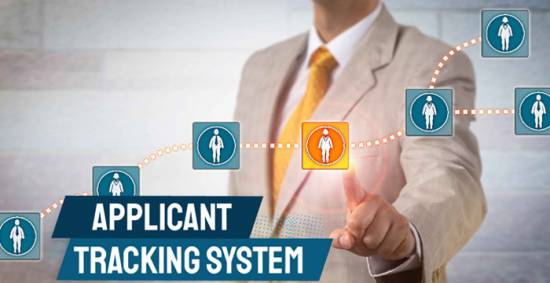Technology has drastically changed the way businesses operate. Small businesses in particular have benefited from the myriad of free business software applications available to help with everything from accounting to project management. In this blog post, we will explore some of the best free business software for small businesses. From customer relationship management (CRM) tools to invoicing and more, read on to find out which software can help your small business run like a well-oiled machine.
What are the 3 main types of software?
1. Office and productivity suites: These software programs can help small businesses with tasks such as word processing, creating spreadsheets, managing email, and scheduling appointments. Some popular office and productivity suites include Microsoft Office, Google Apps for Work, and LibreOffice.
2. Customer relationship management (CRM) software: CRM software can help small businesses keep track of their customer's contact information, sales history, and purchasing habits. This type of software can also help businesses manage their sales pipeline and marketing campaigns. Some popular CRM software programs include Salesforce, HubSpot CRM, and Zoho CRM.
3. Accounting software: Accounting software can help small businesses keep track of their finances, including income and expenses. This type of software can also help businesses generate invoices and reports. Some popular accounting software programs include QuickBooks, Xero, and FreshBooks.
Top Free Software For Small Businesses

1. Google Apps: With Gmail, Hangouts, Calendar, and Docs, Google offers a suite of productivity tools that are perfect for small businesses. All you need is a free Google account to get started.
2. Zoho: Zoho offers an entire suite of online tools for businesses, including CRM, invoicing, email marketing, and more. You can sign up for a free account to get started.
3. Hootsuite: Hootsuite is a social media management platform that lets you manage all your social media accounts in one place. You can sign up for a free account to get started.
4. MailChimp: MailChimp is a powerful email marketing tool that helps you stay in touch with your customers and prospects. You can sign up for a free account to get started.
5. FreshBooks: FreshBooks is an invoicing and accounting tool designed specifically for small businesses. You can sign up for a free trial to get started.
6. Wave Accounting: Wave Accounting is another great accounting tool specifically designed for small businesses. You can sign up for a free account to get started.
7. Basecamp: Basecamp is project management software that helps you keep track of all your projects in one place. You can sign up for a free trial to check it out.
Benefits of software for Small Businesses
Small businesses are always looking for ways to save money and improve efficiency. One way to do this is to invest in quality business software. There are many benefits of using business software for small businesses, including:
1. Improved efficiency and productivity: Business software can help small businesses automate tasks and processes, freeing up time for employees to focus on more important tasks.
2. Cost savings: Small businesses can save money by using business software to streamline operations and reduce manual labor.
3. Better decision-making: Business software can provide small businesses with the data and insights they need to make better decisions about their operations and strategies.
4. Increased competitiveness: Small businesses that use business software can gain a competitive edge over their rivals who don't use such tools.
5. Improved customer service: Business software can help small businesses better manage customer data and communications, leading to improved customer service.
What are the key features of software used in businesses?
There are many software programs available to businesses, but some key features to look for include:
1. Ease of use: The software should be easy for employees to use and navigate.
2. Compatibility: The software should be compatible with your business’s existing systems and devices.
3. Affordable: The price should fit within your business’s budget.
4. Scalable: The software should be able to grow with your business as it expands.
5. Customer support: There should be customer support available in case employees have questions or encounter problems using the software.
Post Comment
Be the first to post comment!










